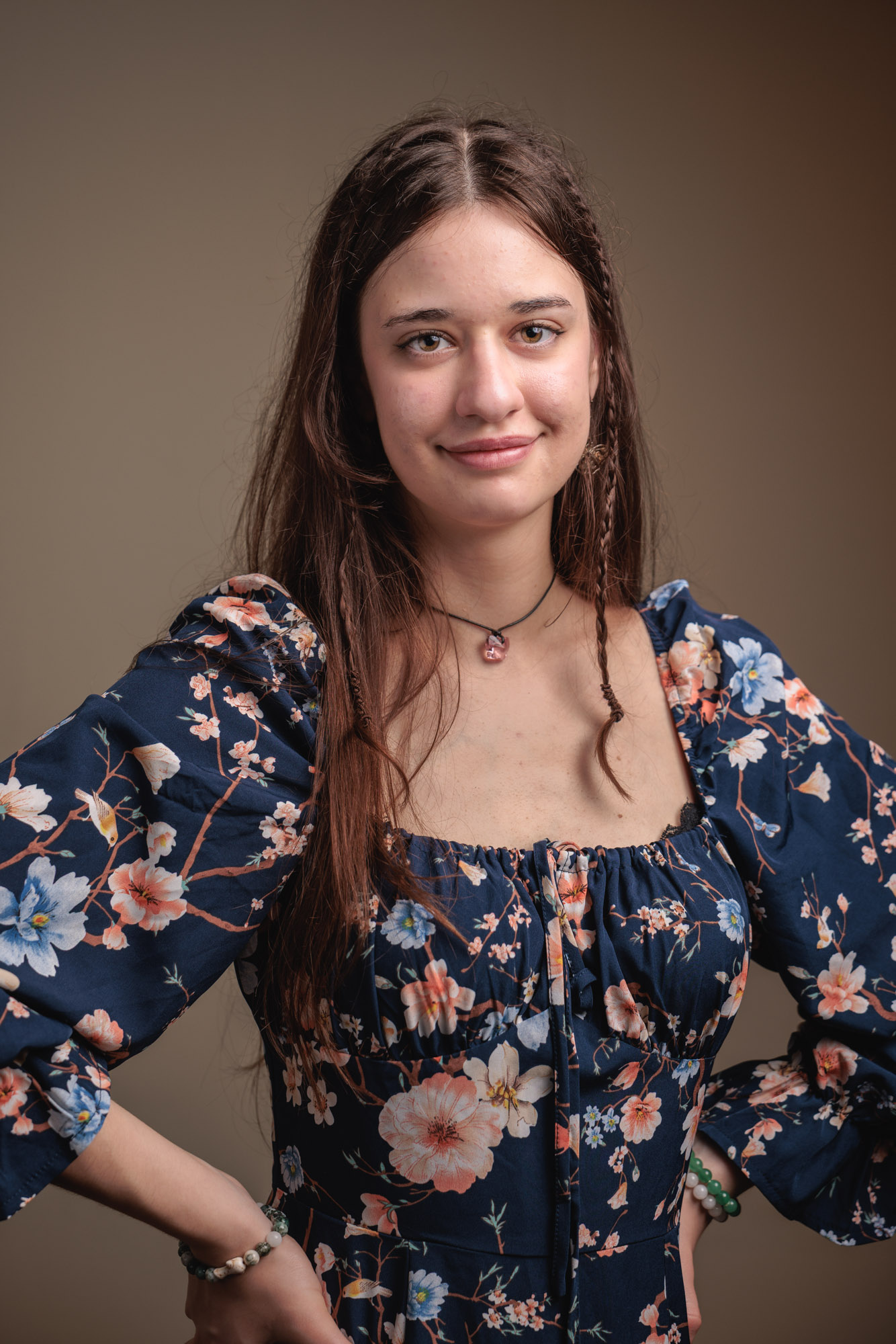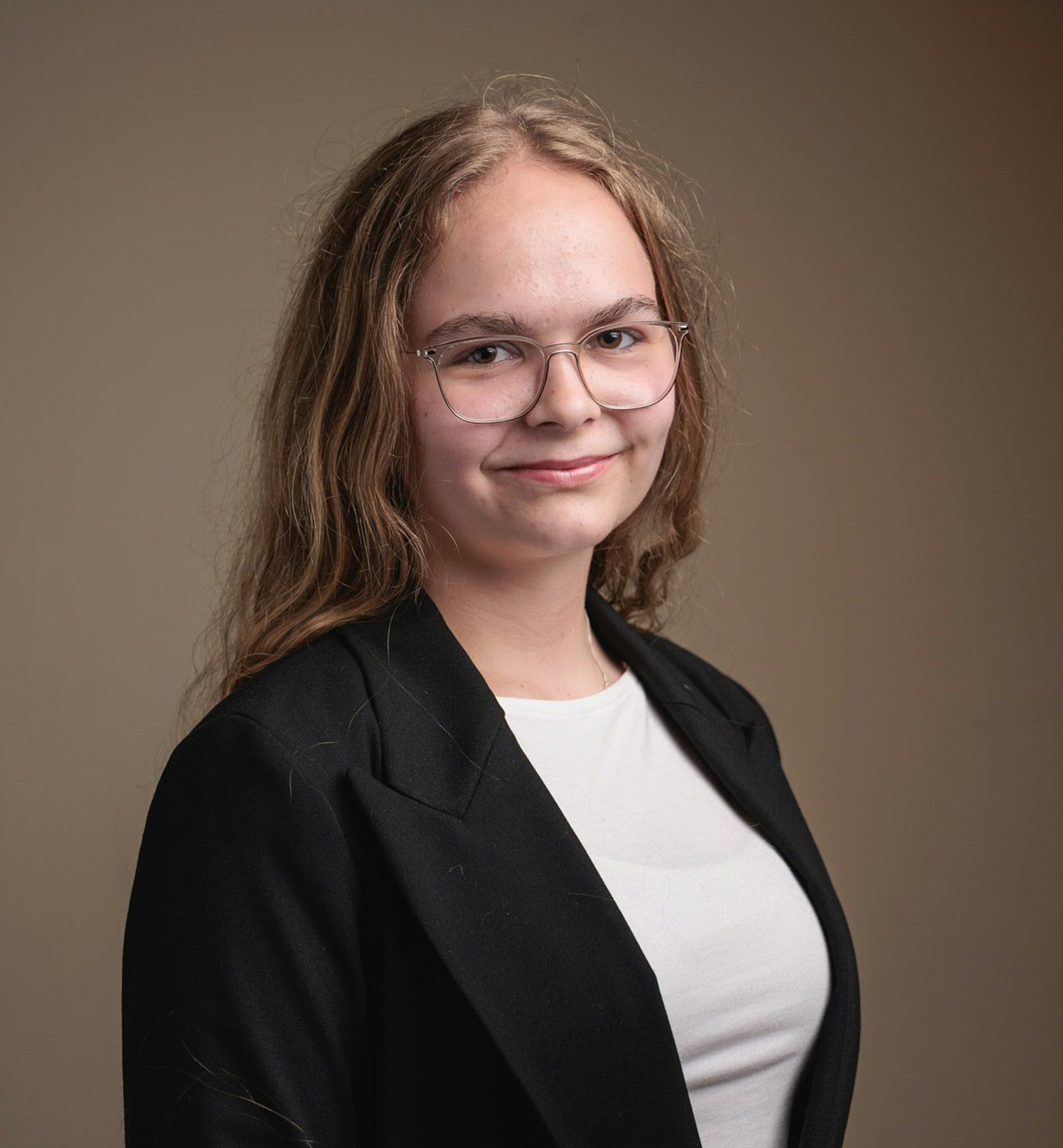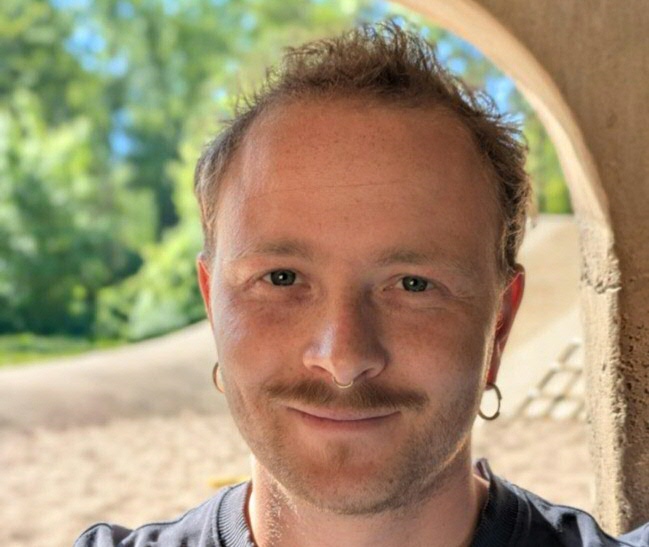![By Wilfredo R. Rodriguez H. (Own work) [CC0], via Wikimedia Commons Header image European Languages and Cultures](/education/studyprogram-images/ba-european-languages-and-cultures.jpg)
Would you like to become an expert on the cultures, languages and politics of Europe?
The degree programme in European Languages and Cultures (in Dutch: ETC, Europese Talen en Culturen) is designed to meet the growing need for academicly trained experts with:
By studying the key linguistic, political, cultural and social topics of contemporary Europe, you will learn to understand the mutual relationship, differences and similarities among national and regional cultures. In doing so, you will learn to understand future challenges and inform advanced decision-making in cultural, political and educational institutions.
The programme has a flexible structure. From your second year onward, you will specialise in one of the profiles:
European Language
and Society
European Culture
and Literature
European Politics
and Society
During your third year, you can study abroad. The second and
third year comprises of subject-related courses taught in your
major language. In addition, you can choose to specialise further
by means of a Minor, elective courses and/or a short placement.
Your Bachelor's degree is finalised with a thesis.
- Sign
up now
for the Open Day
on Friday 30 January!
- For international
students only: Apply before 28 February and receive a
decision on your admission within one month. See www.rug.nl/earlybird for
more information.
The first year compromises introductory course units to the three profiles within our programme: European Language and Society, European Culture and Literature and European Politics and Society. Shortly after the beginning of the second semester you will choose one or two of these profiles, in which you will specialize throughout the rest of the degree programme. Furthermore, throughout the first year, you will follow language proficiency course units in your major language.
| Semesters | ||||
|---|---|---|---|---|
| CoursesCourse Catalog > | 1a | 1b | 2a | 2b |
| Introduction to Language and Society (5 EC) | ||||
| Studying Europe (5 EC) | ||||
| Language Proficiency 1 major language (10 EC) | ||||
| Introduction to Culture and Literature (5 EC) | ||||
| Introduction to Politics and Society (5 EC) | ||||
| Academic Skills and Perspectives (Academic Skills & Profile Unit 1) (10 EC) | ||||
| Faculty Wide Course 1 (10 EC) | ||||
| Language Proficiency 2 major language (10 EC) | ||||
In the second year you will start to specialize in one or two of the three profiles (Language and Society, Culture and Literature, and/or Politics and Society) and further develop your academic skills. In addition, you will follow more proficiency training and course units in your major language.
| Semesters | ||||
|---|---|---|---|---|
| CoursesCourse Catalog > | 1a | 1b | 2a | 2b |
| Electives (10 EC) | ||||
| Language proficiency 3 major language (10 EC) | ||||
| Theme course 2 in chose profile (10 EC) | ||||
| Language specific module 1 Politics and Society (5 EC) | ||||
| Theme course 3 in chose profile (5 EC) | ||||
| Faculty Wide Course 2 (10 EC) | ||||
| Language specific module 1: Culture and Literature (5 EC) | ||||
| Language specific module 1 Language and Society (5 EC) | ||||
In the first semester of your third year, you complete a Minor. You can choose between the research Minor, the work field Minor with a placement, the pre-Master's/Minor, the teacher-training Minor and the study-abroad Minor. During the study-abroad Minor you can raise your proficiency to near-native speaker level and follow in-depth courses.
| Semesters | ||||
|---|---|---|---|---|
| CoursesCourse Catalog > | 1a | 1b | 2a | 2b |
| Minor (30 EC) | ||||
| Theme course 4 in chosen profile (5 EC) | ||||
| Bachelor thesis (10 EC) | ||||
| Language specific module 2 (10 EC) | ||||
| Theme course 5 in chosen profile (5 EC) | ||||
| Programme options |
|---|
| European Politics and Society (profile) This profile focuses on political and social challenges in Europe, past and present. It deals with pressing questions about democracy, social cleavages and political values. How do citizens relate to their region, their country and Europe? |
| European Culture and Literature (profile) In this profile will study Europe's cultural production - such as literature, films, series, games, theatre, music, or fine arts - and its relevance for society and our daily lives. |
| European Language and Society (profile) In this profile you will study topics such as the emergence and development of European languages within and outside Europe. Attention will be paid, for example, to language use, language change and multilingualism. |
| German (specialization) |
| Italian (specialization) |
| Dutch as a second language (specialization) |
| English (specialization) |
| French (specialization) |
| Spanish (specialization) |
| Russian (specialization) |
| Swedish (specialization) |
| Minors (minor) The fifth semester of your studies is dedicated to your Minor: a coherent set of future-oriented course units. It prepares you for a follow-on Master's degree program or for entering the labour market. You can opt for a minor abroad, a career minor with a placement option, an assignment for an employer or entrepreneurship, a faculty minor, an educational minor or a university minor. |
| University of Groningen Honours College (honours program) Honours College gives talented, motivated students the opportunity to challenge themselves even more by offering a programme that is followed in addition to the regular degree programme. |
An excellent way to further immerse yourself into the language and culture of your choice is to visit the respective country or language area. That is why the third year offers the opportunity for a one-semester stay in a country where your target language is spoken.
The Faculty of Arts has excellent contacts with many renowned universities within and outside Europe. A stay abroad is very useful and looks good in your CV, but is also a lot of fun!
Met het VWO examen voldoe je aan de taaleis Engels. Zie 'vooropleiding' voor de specifieke eisen per major taal.
Met het VWO examen voldoe je aan de taaleis Engels. Zie 'vooropleiding' voor de specifieke eisen per major taal.
Met het VWO examen voldoe je aan de taaleis Engels. Zie 'vooropleiding' voor de specifieke eisen per major taal.
Met het VWO examen voldoe je aan de taaleis Engels. Zie 'vooropleiding' voor de specifieke eisen per major taal.
Met het VWO examen voldoe je aan de taaleis Engels. Zie 'vooropleiding' voor de specifieke eisen per major taal. Klik op de link voor meer informatie: https://www.rug.nl/let/studeren-bij-ons/bachelor/aanmelding-en-inschrijving/language-requirements-ba
| Specific requirements | More information |
|---|---|
| previous education |
For Dutch as a foreign language, Italian, Russian and Swedish, no previous knowledge is necessary. See the flowcharts below for more information for your prospective major language. For Spanish, we offer two different levels: one for advanced learners and one for beginners. Students with a Dutch 'HBO propedeuse' diploma also need to meet the language requirements mentioned below. French Plus (see the flowchart below for more information)
German Plus (see the flowchart below for more information)
Spanish Plus (see the flowchart below for more information)
English (see the flowchart below for more information)
|
| other admission requirements |
Below you will find the flowcharts for your prospective Major language. There you will also find more information concerning the admission form and procedure. |
The degree programme will organize a matching procedure. Attendance is optional. The advice is not binding.
The Faculty of Arts believes students can decide for themselves whether they match with their chosen programme based on the available bachelor programme information, by visiting the Open Days, and by participating in a Webclass and/ or Student for a Day. If you are unable to attend one of these activities, a final opportunity for matching is to contact one of the students of the programme in June.
If you have any further questions about matching, check out: www.rug.nl/matching
| Type of student | Deadline | Start course |
|---|---|---|
| Dutch students | 01 May 2026 | 01 September 2026 |
| 01 May 2027 | 01 September 2027 | |
| EU/EEA students | 01 May 2026 | 01 September 2026 |
| 01 May 2027 | 01 September 2027 | |
| non-EU/EEA students | 01 May 2026 | 01 September 2026 |
| 01 May 2027 | 01 September 2027 |
The Faculty of Arts believes students can decide for themselves whether they match with their chosen programme based on the available bachelor programme information, by visiting the Open Days, and by participating in a Webclass and/ or Student for a Day. If you are unable to attend one of these activities, a final opportunity for matching is to contact one of the students of the programme in June.
If you have any further questions about matching, check out: www.rug.nl/matching
| Specific requirements | More information |
|---|---|
| previous education |
A Dutch VWO diploma, a German Abitur, an International Baccalaureate diploma, a European Baccalaureate or another diploma that is sufficient for acceptance to a Dutch university. For other VWO-equivalent qualifications, see: https://www.rug.nl/vwo-equivalent-qualifications. Students with Dutch 'hbo-propedeuse' diploma also need to meet the language requirements as mentioned below. For Dutch as a second language, Italian, Russian and Swedish, no previous knowledge is necessary. For Spanish, we offer two different levels: one for advanced learners and one for beginners. French Plus (see the flowchart below for more information)
German Plus (see the flowchart below for more information)
Spanish Plus (see the flowchart below for more information)
English (see the flowchart below for more information)
|
| other admission requirements |
Language requirement English: A VWO diploma or a subject certificate for VWO English (mark 6 or higher), minimum requirement of TOEFL iBT 90 (with a minimum of 21 on all items), or IELTS 6.5 (with a minimum of 6 on all items). Cambridge C1 Advanced or C2 Proficiency with a minimum score of 180. Below you can find the flowcharts for your future Major language.
Here, you can also find more information about the application form
and procedure.
Italian, Russian, Swedish or Dutch Major Spanish Major German Major French Major English Major |
| Type of student | Deadline | Start course |
|---|---|---|
| Dutch students | 01 May 2026 | 01 September 2026 |
| 01 May 2027 | 01 September 2027 | |
| EU/EEA students | 01 May 2026 | 01 September 2026 |
| 01 May 2027 | 01 September 2027 | |
| non-EU/EEA students | 01 May 2026 | 01 September 2026 |
| 01 May 2027 | 01 September 2027 |
If you want to continue with a Master's degree programme after your graduation, as most students do, you will have a wide range of programmes to choose from. With a Bachelor's degree in European Languages and Cultures, you have access to the following Master's tracks at the University of Groningen:
There is a growing need for people with excellent language skills as well as an understanding of European issues. These people are needed to help break down barriers, resolve conflicts, negotiate, transfer knowledge, issue advice, and present clear arguments and opinions.
Depending on the choices you make during your studies (such as your language, profile, Minor and Master's degree), you may find a career in teaching, journalism, publishing, business, tourism, within a social or cultural organization, a government body, a political party or an international organization such as the European Union or UNESCO.



My name is Teun Joshua Brandt. I studied European Languages and Cultures (BA) and completed an MA in Literary Studies, graduating (summa) cum laude in both programmes. Although I began with a broad interest in languages, I became increasingly drawn to literary and cultural studies—particularly perspectives associated with the environmental humanities..
Are you at secondary school and want to know what studying at university is like? The European Languages and Cultures programme is offering a web class! This online course from the University of Groningen is specially designed for secondary school students.
Are you interested? Please register here.